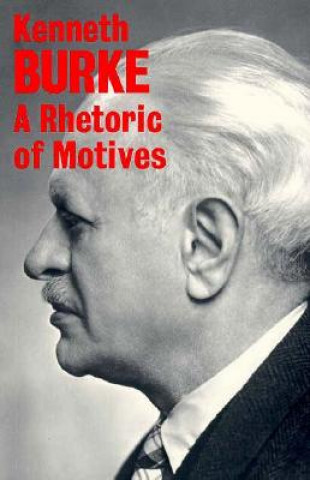
Code: 04615316
Rhetoric of Motives
by Kenneth Burke
As critic, Kenneth Burke's preoccupations were at the beginning purely aesthetic and literary; but after "Counter-Statement" (1931), he began to discriminate a 'rhetorical' or persuasive component in literature, and thereupon beca ... more
- Language:
 English
English - Binding: Paperback
- Number of pages: 356
Publisher: University of California Press, 1992
- More about this

You might also like
-
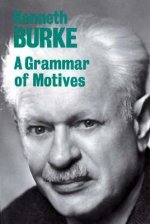
Grammar of Motives
48.44 € -
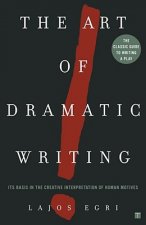
Art Of Dramatic Writing
13.31 € -23 % -
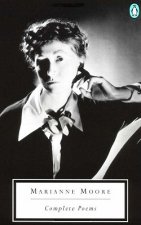
Complete Poems
15.15 € -17 % -

Eddie Martinez - Salmon Eye
64.21 € -

Dome of the Hidden Pavilion
17.40 € -5 % -

Shroud of the Gnome: Poems
19.66 € -
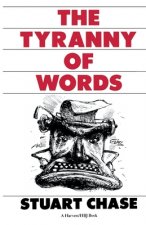
Tyranny Of Words
17.71 € -13 % -

Case Study Research and Applications
91.87 € -3 % -

Corvette by the Numbers: 1955-1982-The Essential Corvette Parts Reference
94.53 € -

Jaws
29.39 € -
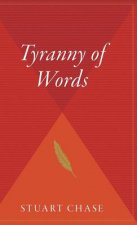
Tyranny of Words
29.28 € -19 % -
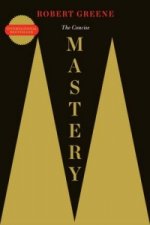
Concise Mastery
11.46 € -4 % -

Anywhere, Anytime Art: Gouache
20.17 € -

The Man Who Saved Me: A BBW BWWM Love Story For Adults
15.66 € -

All Good Things Are Wild and Free 1,000-Piece Puzzle (Flow) Adults Families Picture Quote Mindfulness Gift
13.72 € -22 % -

Classic Rock - Super Easy Songbook
16.58 € -4 % -

Leviathan Falls
11.26 € -25 % -

Images of China in Polish and Serbian Travel Writings (1720-1949)
232.50 € -

Pacific Profiles - Volume Four
27.34 € -23 % -

Scum Villain's Self-Saving System: Ren Zha Fanpai Zijiu Xitong (Novel) Vol. 3
16.89 € -19 % -

Flash Cards Set: Alphabet, Colors & Shapes, First Words, and Numbers Four Pack Set
15.25 € -6 % -

Pageboy
20.27 € -7 % -

Before I Was CEO
29.49 € -5 % -

365 Tarot Spreads
22.93 € -18 % -

Addition and Subtraction Ages 5-7
5.83 € -4 % -
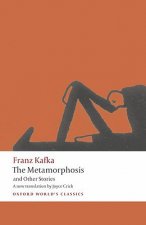
Metamorphosis and Other Stories
9.21 € -30 % -

Cambridge Dictionary of Astronomy
96.89 € -

100 Tips for Hoteliers
14.84 € -19 % -
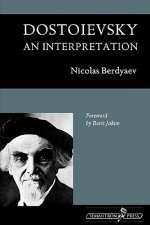
Dostoievsky
25.08 € -

Secret Garden
6.85 € -23 % -
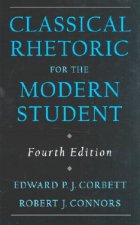
Classical Rhetoric for the Modern Student
296.52 € -

Monumentality and the Roman Empire
502.91 € -

Family in Question
262.31 € -

Posthumous Sermons (1854)
36.25 € -

American Muscle Cars
46.70 € -16 %
Give this book as a present today
- Order book and choose Gift Order.
- We will send you book gift voucher at once. You can give it out to anyone.
- Book will be send to donee, nothing more to care about.
More about Rhetoric of Motives
You get 113 loyalty points
 Book synopsis
Book synopsis
As critic, Kenneth Burke's preoccupations were at the beginning purely aesthetic and literary; but after "Counter-Statement" (1931), he began to discriminate a 'rhetorical' or persuasive component in literature, and thereupon became a philosopher of language and human conduct. In "A Grammar of Motives" (1945) and "A Rhetoric of Motives" (1950), Burke's conception of 'symbolic action' comes into its own: all human activities - linguistic or extra-linguistic - are modes of symbolizing; man is defined as the symbol-using (and -misusing) animal. The critic's job becomes one of the interpreting human symbolizing wherever he finds it, with the aim of illuminating human motivation. Thus the reach of the literary critic now extends to the social and ethical. "A Grammar of Motives" is a 'methodical meditation' on such complex linguistic forms as plays, stories, poems, theologies, metaphysical systems, political philosophies, and constitutions. "A Rhetoric of Motives" expands the field to human ways of persuasion and identification. Persuasion, as Burke sees it, 'ranges from the bluntest quest of advantage, as in sales promotion or propaganda, through courtship, social etiquette, education, and the sermon, to a 'pure' form that delights in the process of appeal for itself alone, without ulterior purpose. And identification ranges from the politician who, addressing an audience of farmers, says, 'I was a farm boy myself,' through the mysteries of social status, to the mystic's devout identification with the sources of all being.'
 Book details
Book details
Book category Books in English Language linguistics Philosophy of language
45.78 €
- Full title: Rhetoric of Motives
- Author: Kenneth Burke
- Language:
 English
English - Binding: Paperback
- Number of pages: 356
- EAN: 9780520015463
- ISBN: 0520015460
- ID: 04615316
- Publisher: University of California Press
- Weight: 548 g
- Dimensions: 227 × 156 × 22 mm
- Date of publishing: 01. July 1992
Trending among others
-
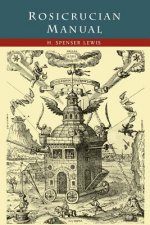
Rosicrucian Manual
16.48 € -

Language Instinct
14.43 € -23 % -
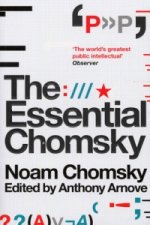
Essential Chomsky
22.01 € -23 % -

Practice Makes Perfect English Articles and Determiners Up Close
13.82 € -15 % -

Making the Social World
12.28 € -23 % -
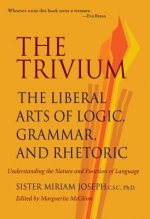
Trivium
21.91 € -
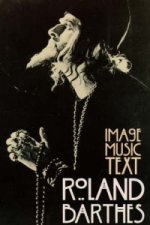
Image Music Text
12.38 € -15 % -
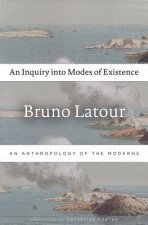
Inquiry into Modes of Existence
36.56 € -4 % -

Constructing the World
83.47 € -5 % -

How Language Works
14.43 € -23 % -

Construction of Social Reality
14.43 € -23 % -
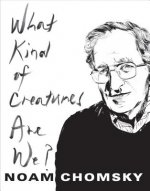
What Kind of Creatures Are We?
14.33 € -12 % -
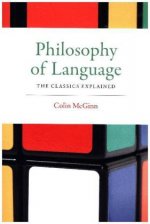
Philosophy of Language
40.14 € -11 % -
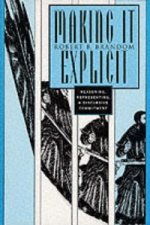
Making It Explicit
55.10 € -4 % -
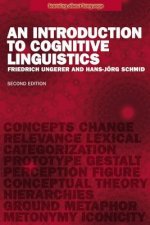
Introduction to Cognitive Linguistics
97.09 € -
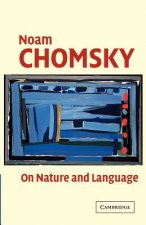
On Nature and Language
62.88 € -
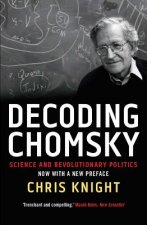
Decoding Chomsky
11.77 € -47 % -
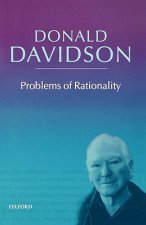
Problems of Rationality
71.89 € -
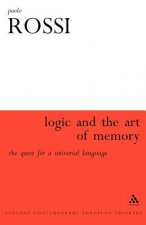
Logic and the Art of Memory
152.71 € -

Language Hoax
14.43 € -16 % -
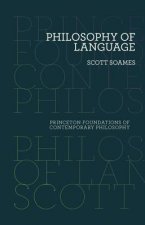
Philosophy of Language
28.06 € -
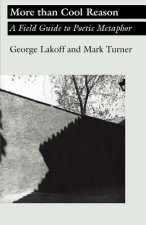
More than Cool Reason
35.94 € -
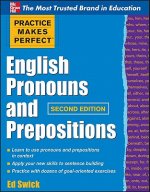
Practice Makes Perfect English Pronouns and Prepositions, Second Edition
15.66 € -14 % -
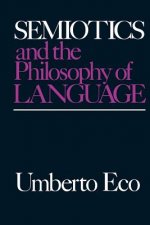
Semiotics and the Philosophy of Language
26.01 € -
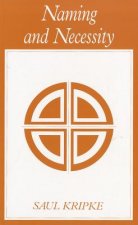
Naming and Necessity
30.10 € -19 % -

Latin
31.84 € -
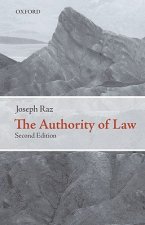
Authority of Law
54.89 € -

Ascent of Babel
104.88 € -

Inferentialism
177.19 € -

Process Philosophy of Signs
36.04 € -
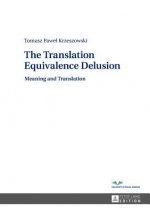
Translation Equivalence Delusion
114.71 € -
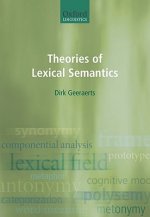
Theories of Lexical Semantics
64.11 € -
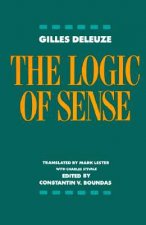
Logic of Sense
27.03 € -4 % -

Philosophy of Language
63.50 € -

Critical Introduction to the Philosophy of Language
67.90 € -
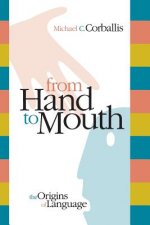
From Hand to Mouth
49.87 € -

How to Do Things with Words
63.60 € -
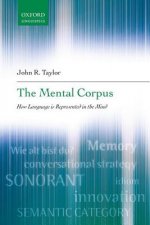
Mental Corpus
61.75 € -
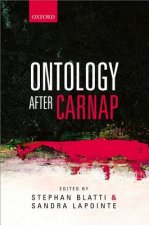
Ontology after Carnap
126.08 € -
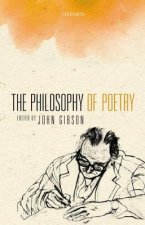
Philosophy of Poetry
122.29 € -

Practice Makes Perfect English Verb Tenses Up Close
21.40 € -

Language Animal
40.96 € -
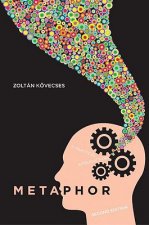
Metaphor
56.02 € -
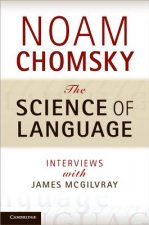
Science of Language
38.40 € -

Language, Proof, and Logic
94.84 € -
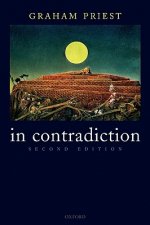
In Contradiction
94.33 € -
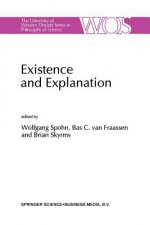
Existence and Explanation
214.68 € -
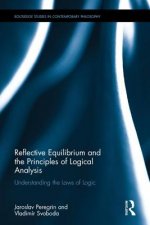
Reflective Equilibrium and the Principles of Logical Analysis
255.96 € -
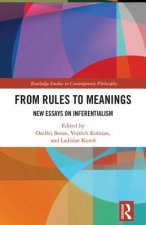
From Rules to Meanings
225.23 €
Collection points Bratislava a 2642 dalších
Copyright ©2008-24 najlacnejsie-knihy.sk All rights reservedPrivacyCookies



 15549 collection points
15549 collection points Delivery 2.99 €
Delivery 2.99 € 02/210 210 99 (8-15.30h)
02/210 210 99 (8-15.30h)